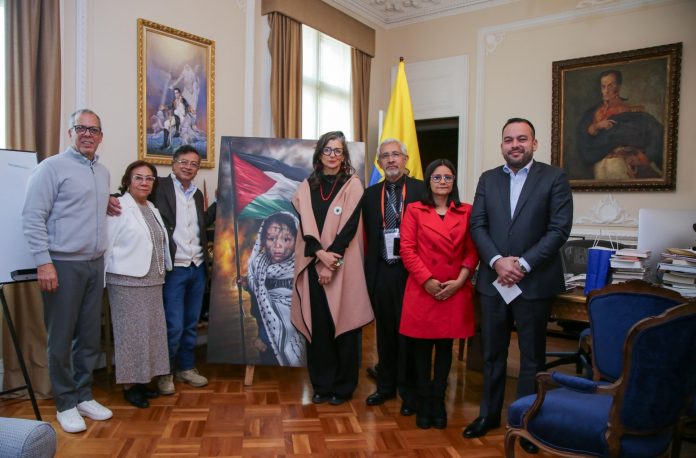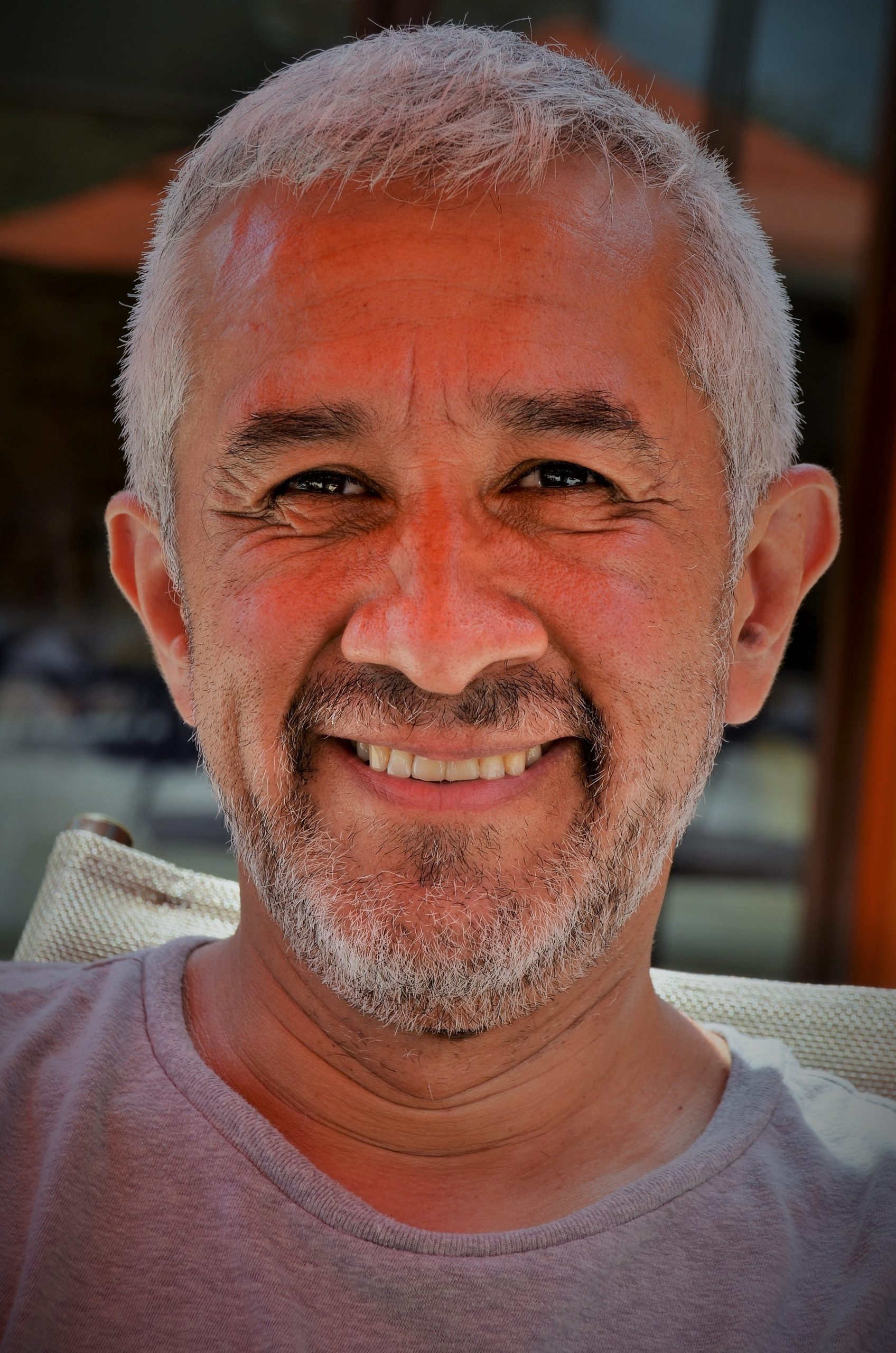Víctor de Currea-Lugo, MD, PhD.
Presidential Advisor for the Middle East, Colombia
Remarks at the Emergency Ministerial Conference on Palestine, convened by the Hague Group, Bogotá, July 2025.
Distinguished delegations:
The best way to implement what international law says about Palestine is to start with the simple, what is already established in international norms: the right of Palestinian refugees to return, respect the status of Jerusalem, ratify the illegal nature of the settlements, reject the acquisition of territory through force, and destroy the apartheid wall that fragments Palestine. This is not a maximalist program: it is merely the basics.
Today, the law is at risk, and we must prevent it from being diluted by the noise of war. However, this is not about creating a new law, but rather about applying existing laws. Nor can we allow the perpetrators of genocide to interpret the norms, as they have been doing, to justify their crimes.
The United Nations resolutions are clear; The advisory opinions of the International Court of Justice are also important. The right is on our side. If this genocide has a face, let it also have hands: ours.
We are facing a complex reality: Israel is not only a genocidal state with countries that support it, but it is also an aggressor state against its neighbors. We, as States, must go further and fulfill our responsibilities. The situation in Palestine demands more than declarations: it demands commitments and actions.
What is happening today in Gaza is a failure. There is no distinction between civilians and combatants; health infrastructure is attacked; humanitarian aid is criminalized; and the entry of food and medicine is blocked. This is not the result of a natural disaster, but of deliberate decisions by Israel.
More than 200 journalists have been massacred because the perpetrators of genocide are afraid of the truth. More than 1,500 health workers have already been killed. Access to truth and aid must be a central point of our agenda.
It’s worth noting that what we’re seeing in Gaza today is part of a policy the world has been familiar with for decades, albeit with less intensity and frequency. In other words, we were aware of it before October 2023 and could have acted in time.
For all these reasons, we must speak frankly and measure ourselves honestly among ourselves: commit to implementing measurable goals and objectives so that our actions align with our good intentions. From economic actions to humanitarian ones. Nor out of charity but out of humanity. This is not a favor to Palestine; it is an ethical and legal obligation.
In this sense, the commitments we discuss here must be translated into specific measures, such as those Colombia and other states have already begun to implement: the suspension of arms trade, the review of trade treaties, the application of the principle of universal jurisdiction, the severance of diplomatic relations, the investigation of international crimes, and the sanctioning of companies involved in illegal practices.
This also implies ending the instrumentalization of aid as a tool of collective punishment. There is no excuse for hunger, the denial of medical care, or the use of violence against those seeking help. At distribution points, more than 800 people have been killed while waiting for food.
Now, the commercial and political costs this can bring to our countries are understandable, for example, the severing of relations with Israel. We must also act as a unified block against those who oppose our solidarity. And the question that arises is: how actual is our sovereignty?
I propose a global summit between economists and states to open markets for the Global South. And this Global South welcomes the European countries present here, under a principled alliance.
And part of that fight is identifying the civilian ramifications that fuel genocide. These crimes are not carried out by an army making its own decisions, but by a network of multiple fronts and levels: political, economic, ideological, corporate, and media, present both in Israel and in our countries.
We cannot allow war to make us forget our humanity. Part of the fight against genocide is confronting the enemy at home, especially when it is creating every possible obstacle to break our solidarity. It’s not just about something possible, but something obligatory.
The final mandate of international law for any solution is the end of the occupation. The final question is: what would we expect the world to do if we were the victims of genocide? I am convinced that even if we have done everything for Palestine, we will still have done very little.












